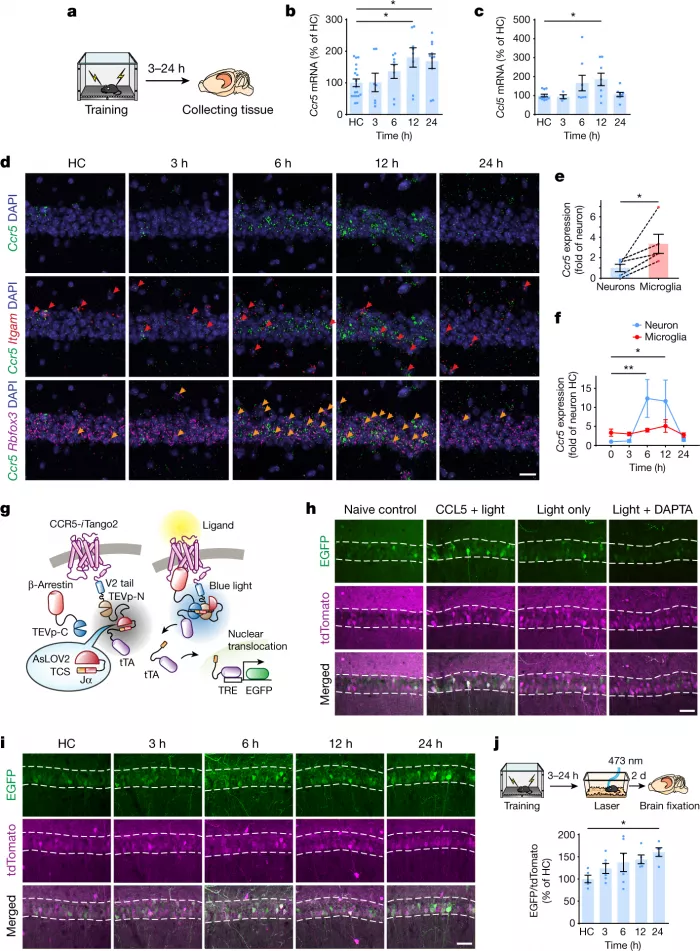Scientists at the University of California, Los Angeles (UCLA) have used microscopes to study the brain activity of rodents, discovered a key mechanism behind memory retention, and showed how targeting it can enhance the memory of middle-aged people Their approach involves an existing drug used to treat AIDS. Researchers believe that reusing it can be used as an early intervention for diseases such as dementia
This study focuses on the way memory is formed in the human brain. It stores memory as a set of relevant experiences rather than a one-time memory. This is why remembering a particular event may remind us of other events that occur at similar times or places, but this type of "memory linking" ability is known to deteriorate with age.

Alcino Silva, the study's author, said: "our memories are an important part of us. The ability to connect relevant experiences tells us how to keep safe and operate successfully in the world."
To better understand the molecular mechanisms behind memory linking, scientists used a sophisticated research tool called a mini microscope. This device can be installed on the head of an animal to observe the emission of neurons and the formation of memory, enabling scientists to study the different ways in which cells perceive, learn and perform actions in the brain.
The micro microscope was used to study mice, and the scientists focused on a molecule called CCR5. Previous studies by the team have shown that the expression of this molecule in the brain increases as we age, and this increase leads to a decrease in memory.
In their experiments on genetically engineered mice, the team was able to show that improving the gene encoding CCR5 would affect their memory, so that they could not connect the experience memories in different cages. Deletion of the CCR5 gene restored their memories and enabled them to associate these memories, whereas normal mice did not.
The receptor that CCR5 molecule uses to enter the brain is the same as the receptor that HIV uses to infect brain cells and drive memory loss in patients with AIDS. In 2007, the U.S. Food and Drug Administration (FDA) approved a drug called malavero to treat AIDS infection. The drug binds with these receptors to prevent the virus from entering cells. When the drug was given to older mice, the team found that it had the same effect on memory as their elaborate genetic repair work.
"When we gave malaviro to older mice, the drug repeated the genetic effect of deleting CCR5 from their DNA. Older animals were able to reconnect memories," Silva said
According to the scientists, these results show that in addition to the cognitive decline in the treatment of AIDS patients, malavero can also be used more widely to restore or prevent senile memory loss related to dementia.
"Our next step will be to organize a clinical trial to test the effect of malavero on early memory loss, with the aim of early intervention. Once we fully understand how memory declines, we will have the potential to delay this process," Silva said
The study was published in Nature 》In the magazine.